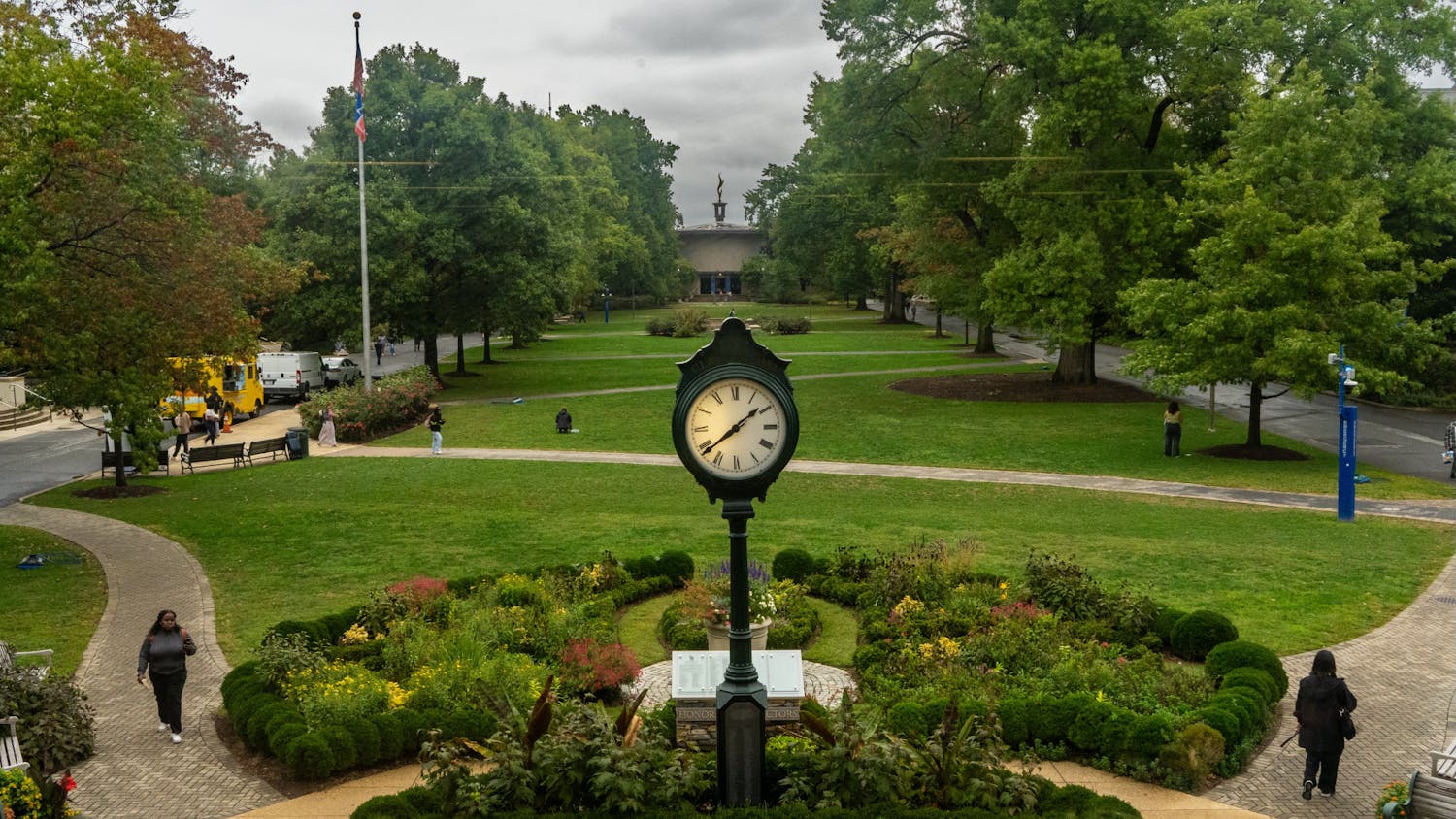Private car companies stepped in Monday to compensate for D.C. taxi drivers' absence during the 12-hour strike against a planned switch from a zone to meter system.
Cab drivers are prepared to strike one day a week on a rotating schedule until April, when the switch is supposed to go into effect, Taxicab Industry Group President William Wright said in a press release.
The usual line of people waiting for cabs outside Union Station dispersed for the day. Cab dispatcher Rodney Wormley Jr. said it was an unusually slow Monday afternoon as he herded the few people determined for a ride into the few limousines and Maryland cabs that stopped at the station.
The commission made an effort to alert the public about the strike and will continue to monitor the situation, said D.C. Taxicab Commission Chairman Leon Swain.
Most taxi drivers obeyed the strike order, though some did continue to work, according to Randy Thaihir, the owner of the Dial-a-Cab company and a former taxi driver. His 350-cab fleet had fewer than 10 drivers working during the strike.
However, he said he marked the day as a success because the drivers kept a positive attitude throughout the strike. He said he is confident that participation will remain high.
Despite the drivers' efforts, the strike had a "minimal effect" as it did not seem to disrupt the usual flow of the day. The public knew it was happening and made alternative transportation arrangements, Swain said.
|
STRIKE SCHEDULE
Cab drivers plan to strike from 7 a.m. to 7 p.m. one day each week on a rotating schedule, according to the Taxicab Industry Group, one of the groups planning the strike. The strike may last until next month during the opening of the new ballpark for the Washington Nationals. Strike dates for February: Tuesday, Feb. 12 Wednesday, Feb. 20 Thursday, Feb. 28 SOURCE: The Washington Post |
Michelle Williams, a sophomore in the School of International Service, said she is not concerned about the strike and its influence on her commute because of the convenience and low price of public transportation.
The D.C. Taxicab Commission did not endorse private car service companies to replace taxis during the strike. Since those companies fall beyond the commission's jurisdiction, they have no way of knowing whether the services are operating on a legitimate basis or not, Swain said.
As of Tuesday, the Taxicab Commission had received one complaint about limousines operating as taxis.
Rosie Haimm, a sophomore in the College of Arts and Sciences, said she used an unmarked limousine service Monday to get to class on time.
"It ended up costing me $20," she said. "It's seriously expensive and not worth my time."
The zone system allows passengers the convenience of predicting the costs of trips while offering drivers the stability of a steady income, Thaihir said. Largely, drivers are concerned about the amount of money they stand to lose from the new system, particularly from offering small trips, which constitute the majority of a taxi driver's income.
The new meter system will eliminate passenger surcharges and rush-hour fees and include a $3 base fare for all rides. Meter installation can cost as much as $350 and is an out-of-pocket expense, according to Thaihir.
Taxi drivers face a $1,000 fine if they do not install meters by April 6, Swain said.




